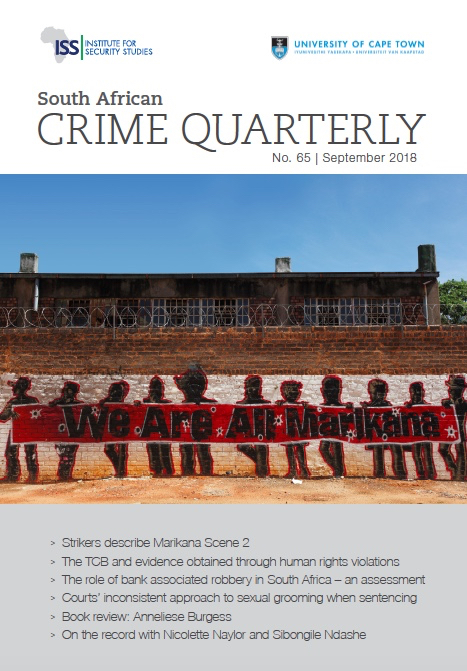A missing link in the Traditional Courts Bill 2017: Evidence obtained through human rights violations
DOI:
https://doi.org/10.17159/2413-3108/2018/i65a5268Abstract
The issue of admission of evidence obtained through human rights violations is central to a criminal justice system as a mechanism through which to prevent overzealous prosecution by the state and ensure protection of human rights. As such, any court that deals with criminal cases has to evaluate evidence before it is admitted. This article argues that the Traditional Courts Bill (TCB)1 does not provide for a mode of dealing with evidence obtained as a result of human rights violations. To substantiate this argument, the article reviews the current Bill, and reflects on the challenges that arise with regard to evidence obtained in this way. The article contextualises section 35(5) of the Constitution of the Republic of South Africa, and discusses the practical difficulties of applying it under the current Bill. The article concludes with recommendations for measures that can ensure that accused persons are not prejudiced when appearing before the court.
Downloads
Downloads
Published
Issue
Section
License
Copyright (c) 2018 Author and Institute for Security Studies/UCT

This work is licensed under a Creative Commons Attribution 4.0 International License.
SACQ is licenced under a creative commons licence (CC BY) that allows others to distribute, remix, tweak, and build upon your work, even commercially, as long a they give appropriate credit, provide a link to the license, and indicate if changes were made. They may do so in any reasonable manner, but not in any way that suggests the licensor endorses you or your use.
Copyright for articles published is vested equally between the author/s, the Institute for Security Studies and the Centre of Criminology (UCT).




.png)